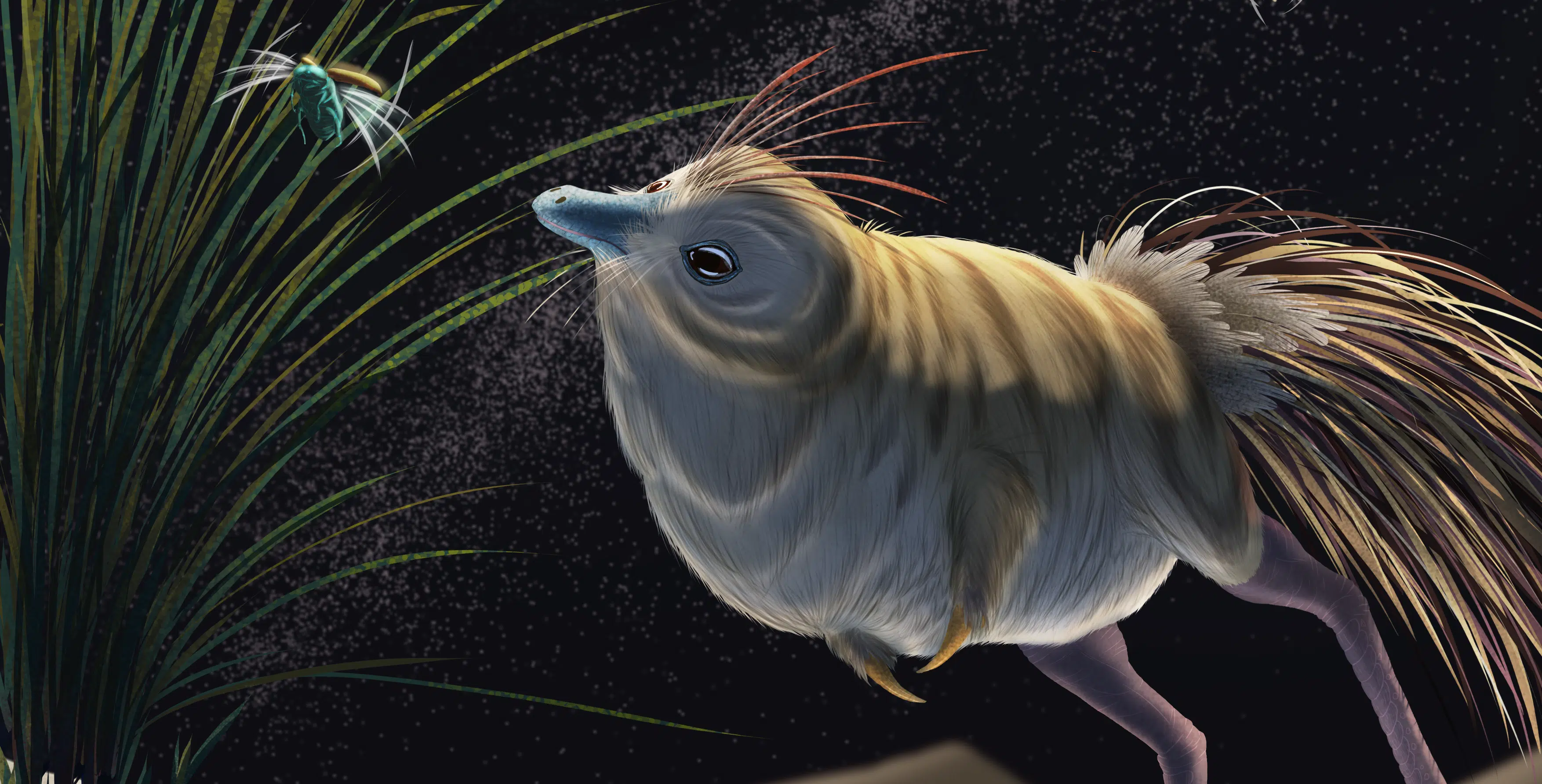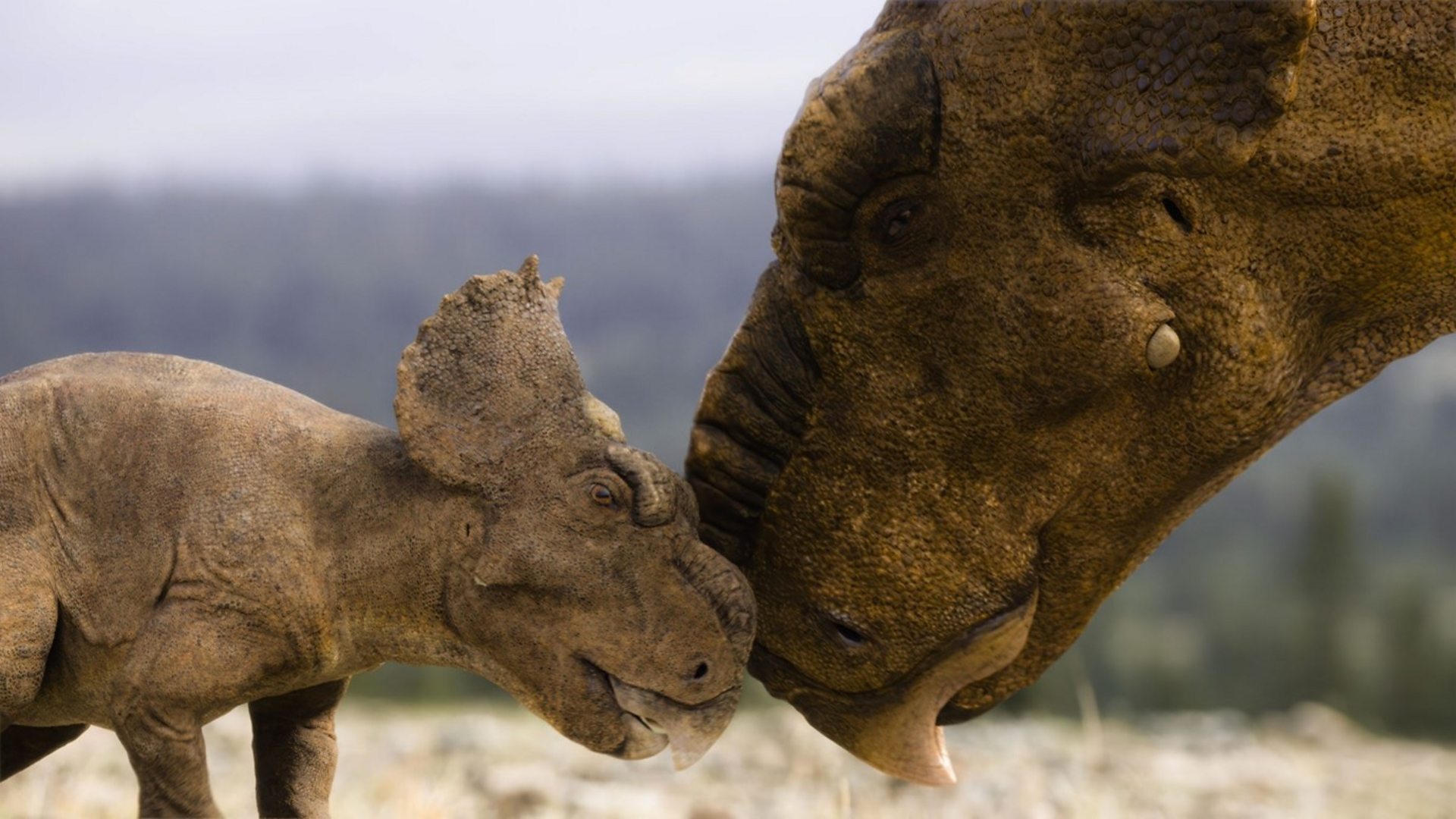- Joined
- Jan 22, 2008
- Messages
- 8,223
I've always been fascinated by dinosaurs, and particularly by the question of what might have happened if they hadn't died out. It's clear that certain types of small, predatory dinosaurs were becoming more intelligent, although it's far from certain that they would have evolved human-like intelligence if they hadn't died out.
A paleontologist called Dale Russell came up with a very human-like "dinosauroid" in the 80s, which has been criticised as too much like a human. More recently, Darren Naish suggested that they might look like large birds. C.M Kosemen and Simon Roy produced art based on this, where the intelligent dinosaurs look like huge crows and use their snouts and feet to manipulate tools (I gather that crows and other corvids are very brainy, for birds).
Harry Harrison considered dinosaurs (well, moasaurs) evolving intelligence in his really odd West of Eden novels, and I think a couple of Doctor Who monsters were dinosaur-based. In The New Dinosaurs, Dougal Dixon made the point that intelligence might not actually be very useful to a species in the long term (an unintelligent species can't come up with genocide, global warming or nuclear war, after all).
Anyhow, I have no particular scientific knowledge here, but I've always found it interesting.
A paleontologist called Dale Russell came up with a very human-like "dinosauroid" in the 80s, which has been criticised as too much like a human. More recently, Darren Naish suggested that they might look like large birds. C.M Kosemen and Simon Roy produced art based on this, where the intelligent dinosaurs look like huge crows and use their snouts and feet to manipulate tools (I gather that crows and other corvids are very brainy, for birds).
Harry Harrison considered dinosaurs (well, moasaurs) evolving intelligence in his really odd West of Eden novels, and I think a couple of Doctor Who monsters were dinosaur-based. In The New Dinosaurs, Dougal Dixon made the point that intelligence might not actually be very useful to a species in the long term (an unintelligent species can't come up with genocide, global warming or nuclear war, after all).
Anyhow, I have no particular scientific knowledge here, but I've always found it interesting.



